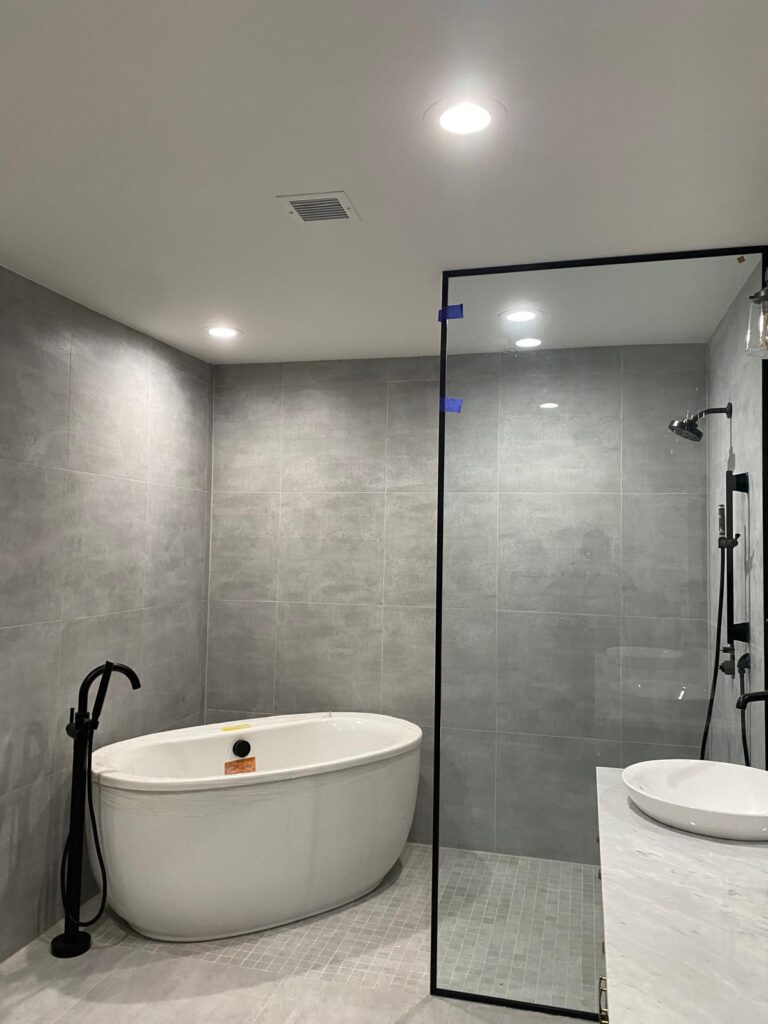How much should you pay a general contractor
I. Understanding Contractor Fees

Listen to our video if that’s easier for you
Hiring a general contractor is a significant step in any construction or renovation project. Understanding how much you should pay a general contractor can help you budget effectively and ensure you receive quality service. Here’s what you need to know about contractor pricing. General contractors typically charge based on the overall cost of the project or on an hourly rate. The most common pricing methods include:
-
Percentage of Project Cost: Many contractors charge a fee that is a percentage of the total construction cost. This typically ranges from 10% to 20%, depending on the project’s complexity and size. For instance, if your renovation project costs $50,000, the contractor’s fee could range from $5,000 to $10,000.
-
Fixed Price: Some contractors offer a flat fee for the entire project. This method is common for smaller or well-defined projects where the scope is unlikely to change.
-
Cost-Plus Fee: This method involves paying the actual cost of the project plus a fee for the contractor’s management services. This fee could be a percentage of the costs or a fixed amount.
-
Hourly Rate: In some cases, especially for consultation or smaller jobs, contractors may charge an hourly rate, typically ranging from $50 to $150 per hour, depending on their experience and location.
Factors Influencing Contractor Costs
Several factors can affect how much a contractor will charge:
-
Project Size and Complexity: Larger, more complex projects require more time, labor, and materials, leading to higher costs.
-
Location: Costs can vary significantly depending on your geographic location. Urban areas generally have higher labor and material costs.
-
Materials and Finishes: High-end materials and custom finishes can increase project costs and, consequently, contractor fees.
-
Experience and Reputation: Established contractors with a strong reputation may charge more, but they also tend to deliver higher-quality work.
Tips for Hiring a Contractor
-
Get Multiple Estimates: Always get at least three quotes to compare prices and services.
-
Check Credentials: Ensure the contractor is licensed, insured, and has good references.
-
Understand the Contract: The agreement should clearly outline costs, payment schedules, and project timelines.
-
Budget for Contingencies: Set aside 10-15% of your budget for unexpected expenses.
Conclusion
Paying a general contractor the right amount ensures you receive quality service and results. While costs can vary, understanding typical pricing structures and influencing factors will help you make an informed decision. Always prioritize experience, transparency, and clear communication to ensure a smooth and successful project.

